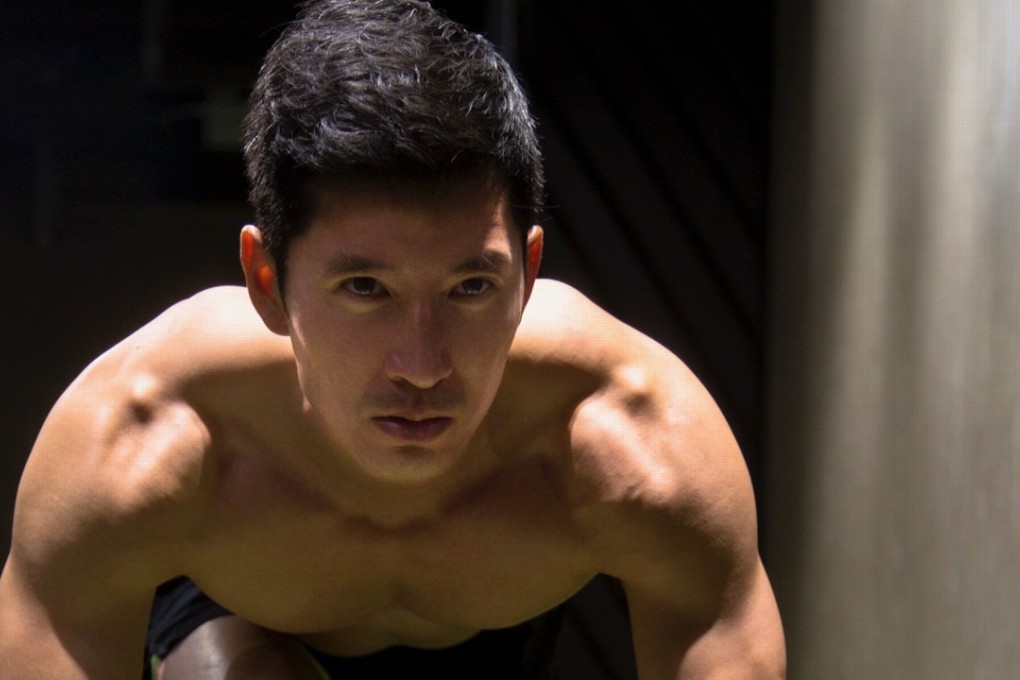High performance athletes shy away from veganism for fear of low protein, but experts say it improves their recovery time
A plant based diet is helping runners and models bounce back from hard training sessions despite not getting their protein from meat

High performance athletes need more protein than the average person, and they tout this as a reason for eating meat and avoiding vegan meals.
But Richie Kul, male model and tennis player, says that since changing to veganism he has noticed an improvement in his recovery time.
“I immediately started feeling better. I started healing quicker after matches and training. I also used to suffer from acne, but it cleared up dramatically” Kul said.

Kul puts the change down to the lack of dairy products in his diet. He thinks it is bizarre that we are the only species that insists on consuming milk after infancy, particularly from another animal all together.
Wayde Nash is a vegan ultra-runner. He placed 5th in the 2017 Vietnam Jungle Marathon and has raced in competitions such as the Philippines’ 2017 50-kilometre Cordillera Mountain Ultra. He has had a similar experience to Kul.